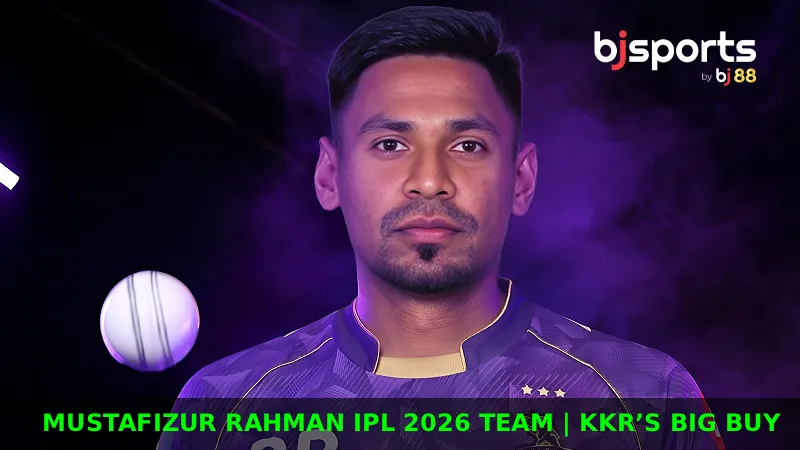
Cricket, often hailed as a game of glorious uncertainties, has had its fair share of controversies, but few have sparked as much debate as the infamous “Great Umpire Blunder” that unfolded during the Super Smash. This incident not only raised eyebrows among fans and analysts but also ignited discussions about the standards of officiating in this popular T20 league. In this blog, we will explore the details of this blunder, its implications, and how it has impacted the cricketing community.
The Incident: Auckland Aces vs Wellington Firebirds
The Great Umpire Blunder occurred during a nail-biting Super Smash match on January 15, 2023, between the Auckland Aces and the Wellington Firebirds at Eden Park in Auckland. With both teams fighting for a playoff spot, the stakes were incredibly high. The turning point came in the 18th over when Jamie Brown of the Firebirds faced a delivery from Lockie Ferguson.
In a crucial moment, Brown appeared to edge the ball to the wicketkeeper, Tom Blundell, who took a fantastic catch. The appeal from the Aces was loud and confident, but umpire Paul Wilson shockingly ruled it a no-ball instead, stating that Ferguson had overstepped the crease. This decision not only allowed Brown to continue his innings but also granted a free hit to the Firebirds. The following runs scored in that over proved pivotal, leading to Wellington’s eventual victory by just 5 runs.
Reactions from Players and Fans
As news of the blunder spread, reactions poured in from players, analysts, and fans alike. Former cricketer Daniel Vettori took to social media to express his disbelief over the decision, calling it one of the worst he had seen in Super Smash history. “You can’t let a match be decided by such a glaring mistake,” he tweeted.
Auckland Aces captain Mark Chapman, visibly frustrated during the post-match interview, stated, “It’s disheartening when a game is decided by an error like that. We worked hard for this match, and the decision changed everything.”
The Aftermath: Calls for Change
In the wake of the Great Umpire Blunder, there were widespread calls for reforms in officiating standards within the Super Smash. Fans and experts alike advocated for the implementation of technology such as the Decision Review System (DRS) to assist umpires in making accurate calls. The incident reignited discussions about the need for better training for umpires, including Paul Wilson, and the importance of having a consistent set of rules across all formats.
The New Zealand Cricket Board responded to the backlash by conducting a review of the officiating processes in the Super Smash. They emphasized their commitment to improving the quality of umpiring and ensuring that such blunders are minimized in future matches.
Also Check: Schedule of Super Smash 2024-25: Complete Details
The Bigger Picture: Umpiring in Cricket
The Great Umpire Blunder serves as a reminder of the challenges faced by officials in cricket. Umpiring decisions can often be subjective, and the pressure of high-stakes matches can lead to errors. While technology has advanced in recent years, the human element of officiating remains a critical aspect of the game.
This incident highlights the importance of transparency and accountability in officiating, ensuring that players, teams, and fans can have confidence in the decisions made on the field.
Conclusion
The Great Umpire Blunder during the Auckland Aces vs Wellington Firebirds match is a moment that will be remembered for years to come. It not only impacted the outcome of a crucial game but also sparked a broader conversation about the standards of officiating in cricket. As the Super Smash continues to grow in popularity, addressing these challenges will be vital to maintaining the integrity and excitement of the game.
As fans of cricket, we hope that the lessons learned from this controversy will lead to improvements in umpiring standards, ensuring that future matches are decided on the field, free from the shadow of controversial decisions. Stay tuned for more insights into the fascinating world of cricket!
Disclaimer: This cricket blog reflects the author’s insights and analysis. Readers should consider the points discussed and draw their own conclusions.
 IPL All Team Squad 2026: Check the Complete Player List for All 10 Teams
IPL All Team Squad 2026: Check the Complete Player List for All 10 Teams Mustafizur Rahman IPL 2026 Team: Why KKR Spent Big on ‘The Fizz
Mustafizur Rahman IPL 2026 Team: Why KKR Spent Big on ‘The Fizz Who Are the Top 5 Most Expensive Players in IPL 2026 Mini Auction?
Who Are the Top 5 Most Expensive Players in IPL 2026 Mini Auction? How Rich is King Kohli? Virat Kohli’s Net Worth, Brand Endorsements, and Assets Report 2025
How Rich is King Kohli? Virat Kohli’s Net Worth, Brand Endorsements, and Assets Report 2025

